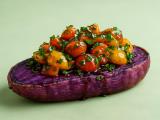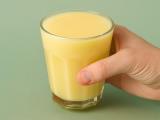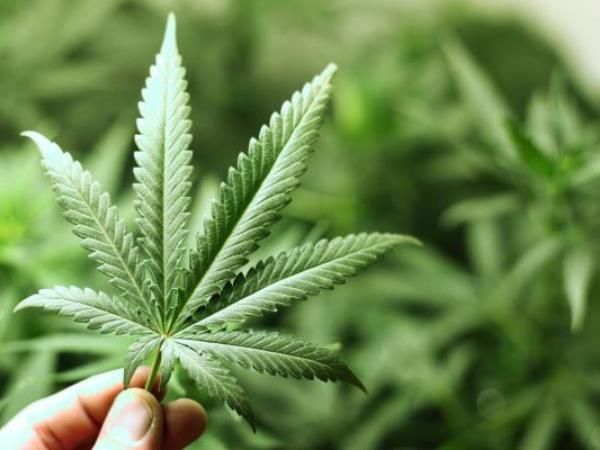Hemp oil used as a food supplement is not problematic, as it is consumed similarly to any other oil. However, when counting on improving your health with hemp oil, things are not that simple.
It is most advisable to completely eliminate all animal proteins from your diet. This means you cannot eat any meat. Only fish and seafood are allowed.
While consuming hemp oil, white flour, sugar from sugar beets (sugar from sugarcane is allowed, 100% stevia is even recommended), cheese, milk, and all dairy products are strictly prohibited.
According to many nutritionists, all of this is considered food for cancer cells.
Excellent complements to hemp oil include rye bread (not the one from the store, where rye flour is sometimes less than half), fresh fruits, and fresh vegetables.
On the other hand, there are some things to know about hemp:- Over 20,000 medicines, cosmetic products, and dietary supplements are made from hemp. With the legalization of hemp, most of these can be made at home in a more controlled manner (at least in terms of dietary supplements), healthier, and with known ingredients.- Hemp seeds are rich in minerals, fiber, and minerals. They contain a lot of gamma-linolenic acid (GLA), considered an extremely rare and nutritious component found only in breast milk. Besides, it is the largest source of omega-3 and omega-6 fatty acids, and it also contains vitamins A, B1, B2, B6, C, D, and E.- There is growing evidence that natural hemp oil with a high THC content greatly alleviates the side effects of chemotherapy, Parkinson's disease, epilepsy, arthritis, diabetes, hypertension, atherosclerosis, depression, and even eczema.
It is probably clear to many now that hemp can only help with health if you become a consistent vegetarian. Those who cannot do this may rightfully doubt the medicinal effects of hemp.
But hemp is not to blame for that...
Datum: 7. NOV 24 - GOOD TO KNOW
What not to eat when consuming hemp oil
Did you know that in order to benefit from the effects of hemp oil, you must abstain from certain foods, as their impact on health would be opposite?
(FW)
 Would you like to be informed about news on the website?
Would you like to be informed about news on the website?
Just enter your e-mail
Hemp oil health benefits
Hemp oil dietary restrictions
Hemp oil and nutrition
Hemp oil supplements
Benefits of hemp oil for health
|
Copyright (c) Foodwhisper.com March 2018 |
π | Contact: info@foodwhisper.com |
About us | Facebook |  |









